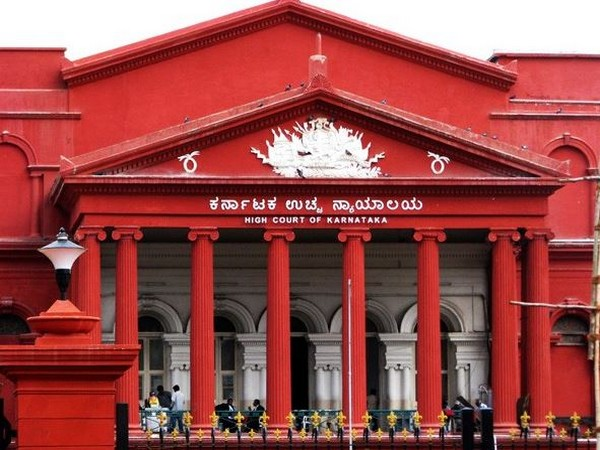Synopsis: An FIR has been registered against Prakash Raj for campaigning of the Lok Sabha elections at a protest meeting.
Recently, the Karnataka High Court refused to quash a FIR filed against actor Prakash Raj and two others for allegedly violating and causing public nuisance to the Model Code of Conduct for elections.
Justice Sreeniwas Harish Kumar passed this order.
On March 11, 2019, an application was made by NGO Grama Seva Sangha to Commissioner Bruhat Bengaluru Mahanagara Palike (BBMP) for permission to hold a peaceful protest meeting at the Mahatma Gandhi Circle on March 12.
Subsequently, an assistant engineer with BBMP, who was on the vigilance squad for election duty, submitted a report to the Cubbon Park Police Station Head Officer (SHO) alleging that two individuals, namely Praveen K and Abhilash CA, assembled a group of 25 to 30 individuals, used a mic without permission, and caused obstructions to the pedestrians.

Furthermore, it was alleged that Prakash Raj, who intended to contest the 2019 Lok Sabha elections, also attended the aforementioned meeting and spoke about the forthcoming elections, thereby campaigning for votes.
Since a cognizable offence was not stated in the report, the SHO put it before the Magistrate requesting permission to record the FIR. Later, in compliance with Section 156(3) of the Code of Criminal Procedure (CrPC), the Magistrate passed an order to file a private complaint and proceed further.
Under separate parts of the Representation of People Act and the Karnataka Police Act, the police then charged Raj and the organisers of the case.
Afterwards, Raj moved the High Court seeking to quash this complaint.
The petitioner’s counsel argued that, when the investigating officer requested permission from the Magistrate to file the FIR, the latter directed the NCR to be reported under Section 200 CrPC as a private complaint. There was no supporting affidavit from the first informant. It was also claimed that the petitioner had not yet submitted his nomination to compete in the Lok Sabha elections when the protest meeting took place. It was further stated that he only participated in the meeting as a person, and that he was not the leader of the protest meet.
The Court observed, after reviewing the relevant provisions of the CrPC, that it is clear that a person who reports to the police an offence that is not identifiable, has every right to lodge a complaint under section 200 of the Code. It must also be noted that nothing precludes a police officer from applying to the Magistrate for an order to report the FIR and to proceed further in compliance with section 155(2) of the Code.
The Court then went on to argue that, as required under Section 200 CrPC, there was no supporting affidavit from the first informant.
However, the Court noted that the Magistrate could not have ordered his office to record it as a private case when the police officer lodged a report of the commission of a non-cognizable offence, and that such a proceeding was not considered.
On the matter of the absence of a supporting affidavit, the Court noted that, pursuant to Section 482 of the Law, procedural anomalies can not constitute grounds for invoking jurisdiction. Moreover, it was noted that the lawyer for the petitioner failed to point out the serious injustice caused to him by the procedural mistake.
Concluding its order, the Court held that the bare refusal of the charge sheet could not be a ground for rejection under Section 482 of the Code.

